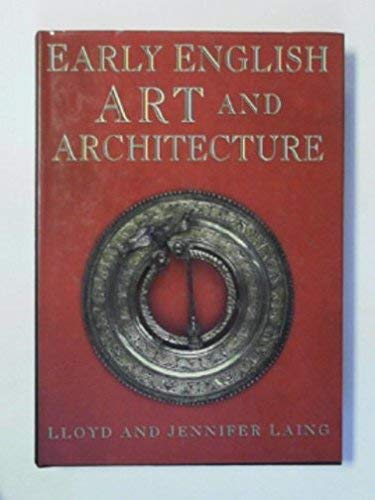Art/architecture
1 total work
Early English artists rate among the finest in early medieval Europe. Their consummate skill with line and subtle colouring lies in a tradition which can be traced back to pagan Anglo-Saxon times and later developed through the late Saxon Winchester school and medieval artists such as Matthew Paris. This tradition later evolved into the triumphs of masters such as Turner, Blake and Constable. This book surveys the entire spectrum of English art from the beginning of the fifth century to the end of the twelfth century, tying together the now huge amount of material that has been accumulated on the Anglo-Saxons. It also helps to demonstrate how an understanding of Anglo-Saxon art is firmly dependent on an appreciation of the social, religious and economic milieu in which it was produced. Consideration is given to, among other subjects, the Romano-British legacy to Anglo-Saxon art, the beginnings of Christian art and architecture, the impact of the Vikings and the survival of Anglo-Saxon traditions after the Norman Conquest. In addition, this is the first general survey to discuss techniques of production and the role of artists in early England, as well as the importance of symbolism. Illustrated throughout in colour and black and white, this is a well-balanced and highly readable overview of a period of dynamic artistic development. It will provide an ideal introductory survey for the general reader as well as students of archaeology, art and architecture.
